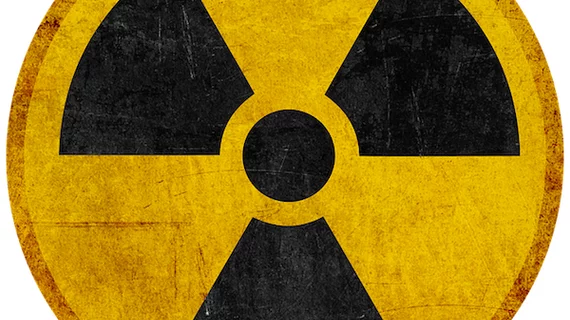Canadian particle accelerator produces Tc-99m isotopes
A team at the University of Alberta in Canada has devised a method utilizing a cyclotron particle accelerator to produce the radioactive tracer technetium-99m (Tc-99m)—the parent of Molybdenum-99. It may be able to produce enough radioactive isotope for the entire province, CBC.ca reports.
"It's much cleaner, much safer. That's why you can have a cyclotron facility in the middle of the city with no repercussions," said John Wilson, who heads the university's cyclotron facility.
The cyclotron also produces radionuclides including those needed in PET imaging, but according to the report, it’s going to be up to the federal and provincial governments to determine the path forward for the university’s cyclotron.
Earlier in the year, the FDA approved the first U.S. production of technetium-99m, granting permission to NorthStar Medical Radioisotopes in Beloit, Wisconsin. Still, a majority of the world’s medical isotopes are still produced by five or six nuclear reactors across the world, CBC reports.
Read the entire CBC story below:

